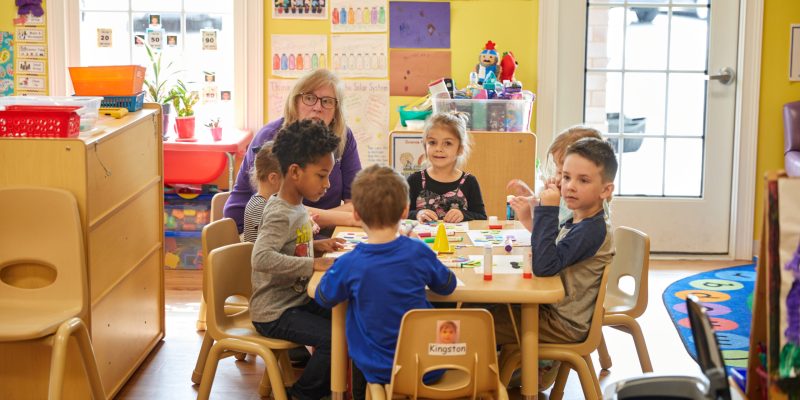Florida VPK
Our Growing Room curriculums are tailored specifically for Florida Voluntary Pre-Kindergarten (VPK) programs, providing a high-quality, engaging preschool experience for children age 4 before September 1.
young minds.
Florida was the first state to offer pre-kindergarten for all children, regardless of income. Our VPK program follows state standards, including:
540 hours of instruction
Teacher-to-student ratio of 1:11
Maximum 22 children per classroom
Growing Room goes beyond standards, preparing children to enter kindergarten confident, curious, and ready to learn. Our curriculum balances child-initiated and teacher-facilitated learning with hands-on experiences that encourage children to:
Solve problems
Be creative
Be independent
Investigate
Discover
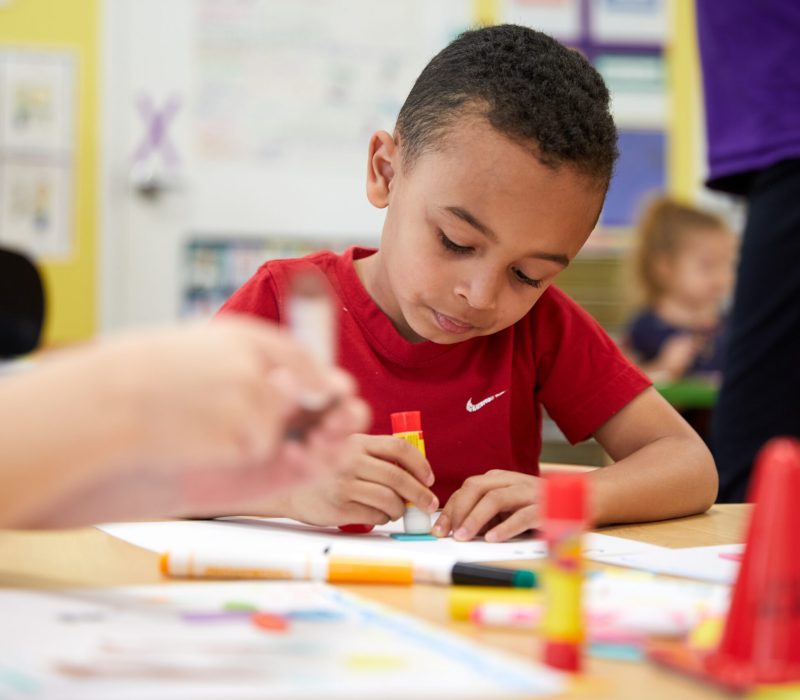
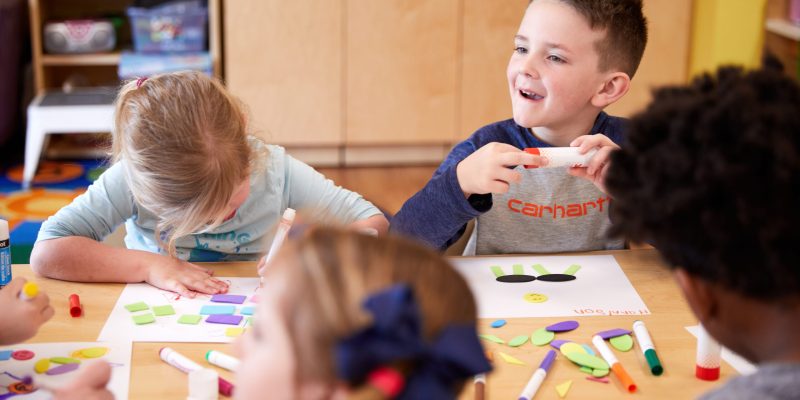
Whole-Child Development
Our VPK program focuses on physical, cognitive, and social development, including:
Language & Literacy – Listening skills, phonological awareness, reading, writing, and expressive language
Mathematics – Number sense, patterns, and shapes
Science & Social Studies – Exploring the world and understanding communities
Creativity – Art, music, dramatic play, and imaginative activities
Classroom Structure and Daily Routine
Florida VPK classrooms are organized into clearly defined learning areas:
Language & Literacy
Math / Manipulatives
Dramatic Play
Art
Blocks
Science
Music & Movement
Outdoor Play
Children engage in social and emotional learning, developing self-control, responsibility, and respect for themselves, others, and property. They also learn to appreciate their roles in the family, classroom, and community, while respecting diversity and differences.
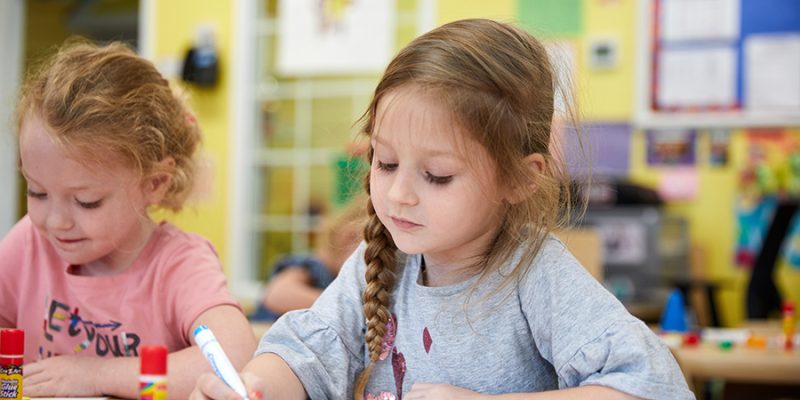
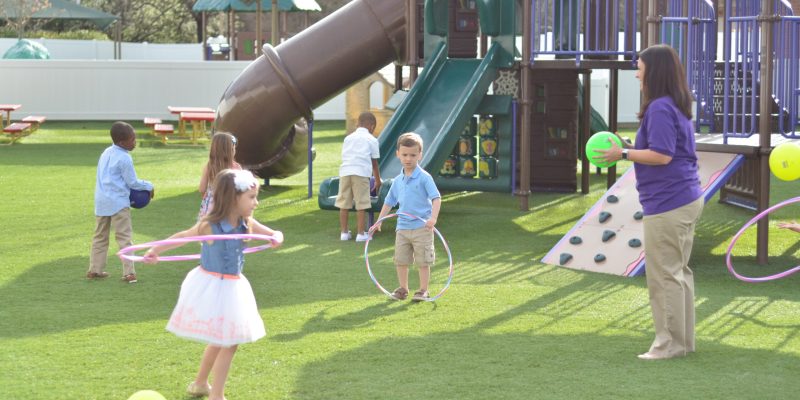
Physical Health and Development
Growing Room VPK children participate in:
Gross-motor activities – Develop control, balance, strength, and coordination
Fine-motor activities – Strengthen hand-eye coordination and dexterity
Healthy habits – Understanding safe living practices
Assessment is ongoing and involves parents and caregivers, ensuring each child’s growth is monitored and supported.
Additional Resources
